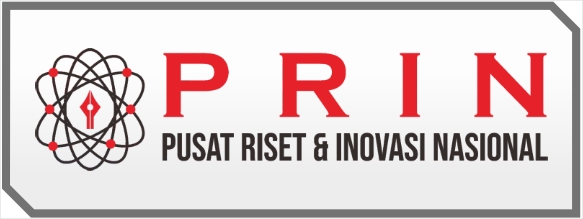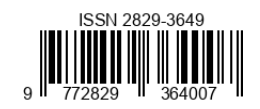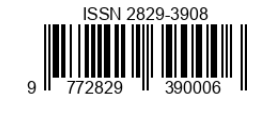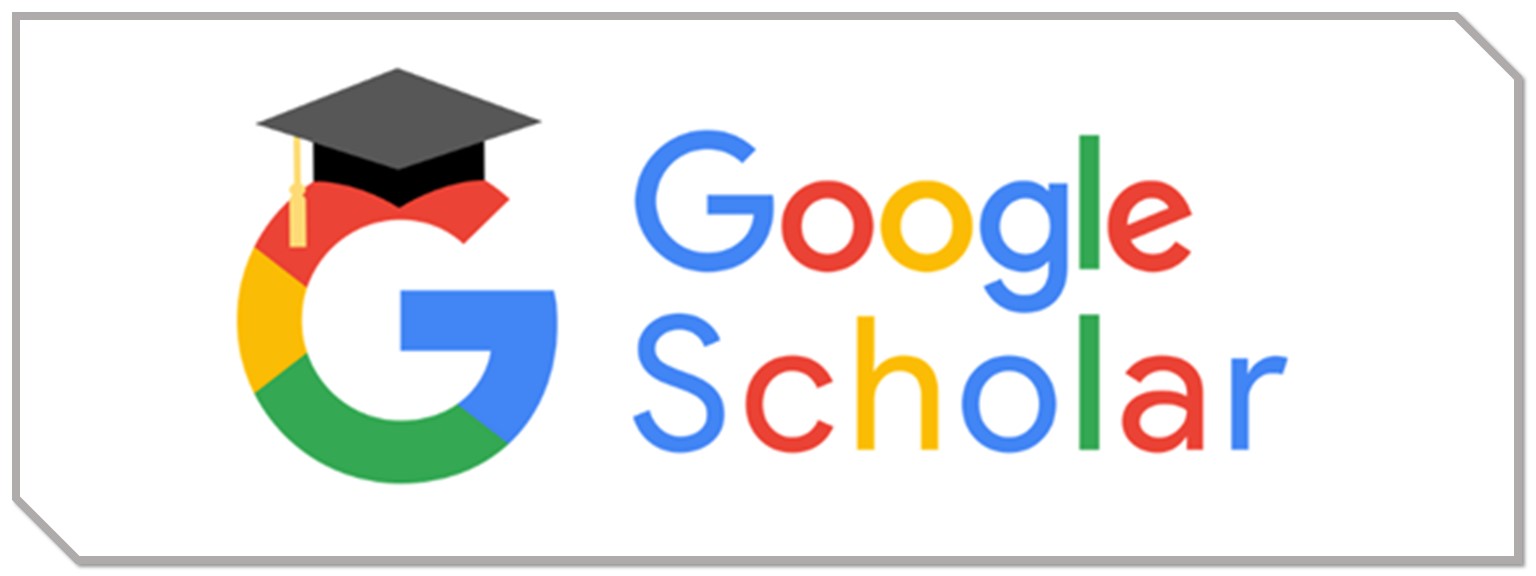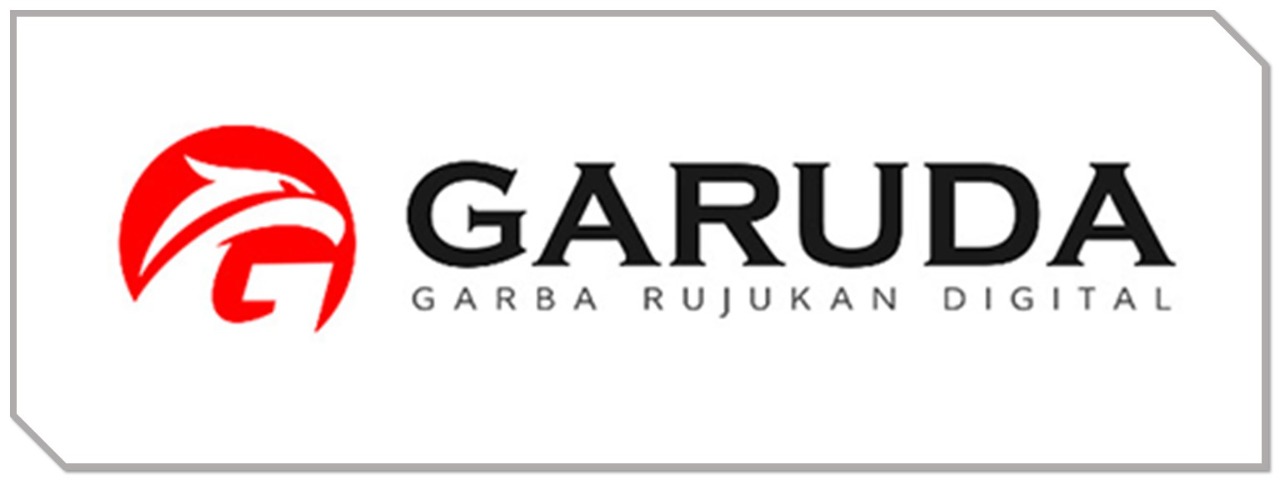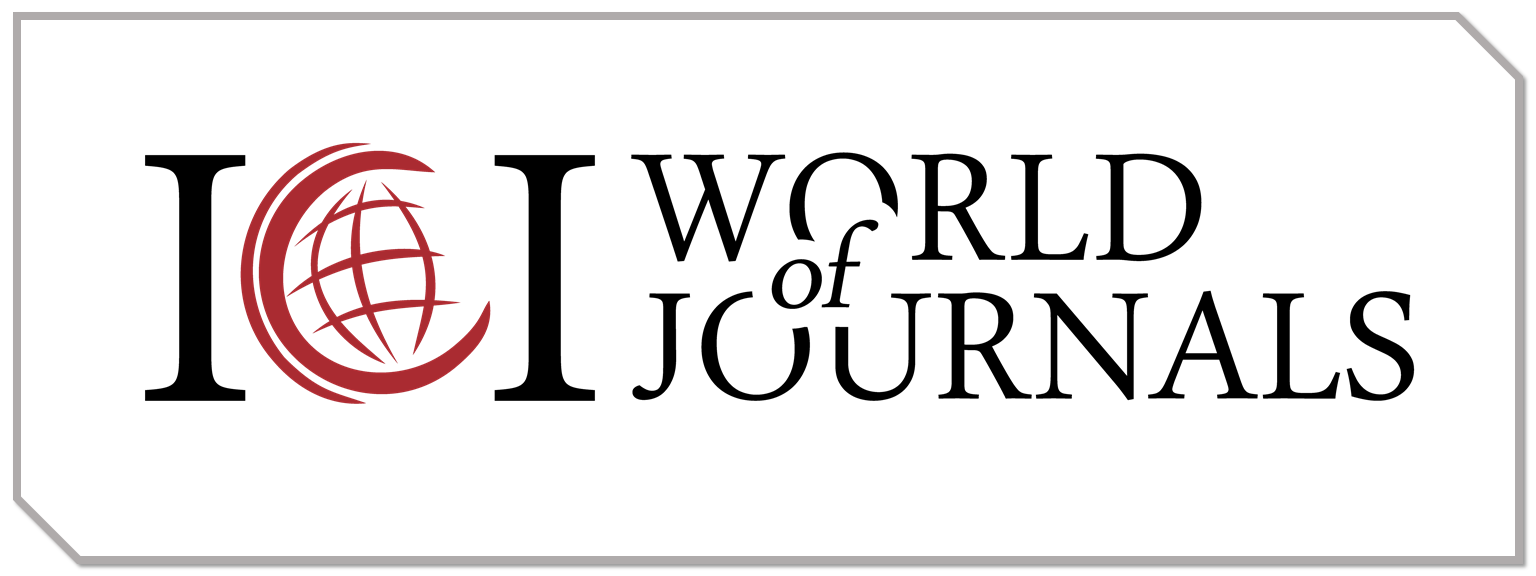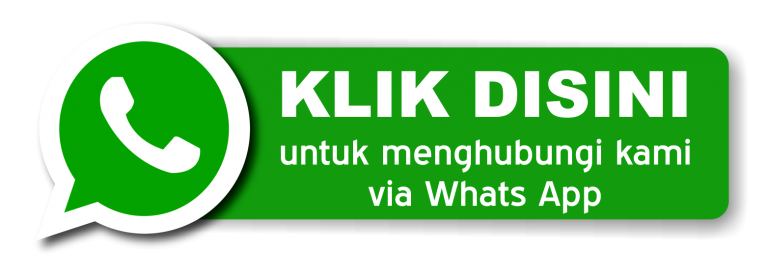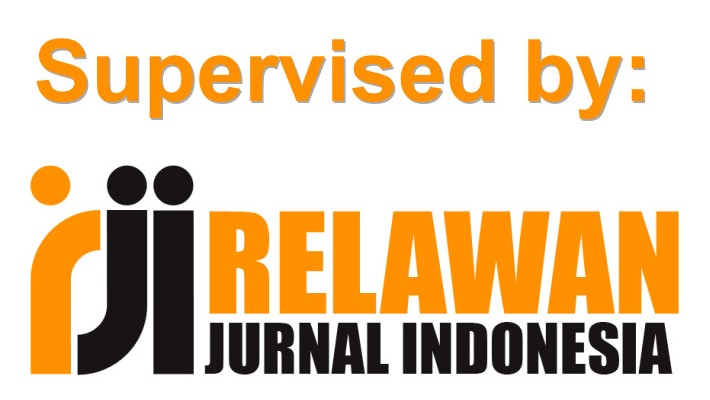School Literacy Program: A Lesson Learned From English Language Teaching At A Senior High School
DOI:
https://doi.org/10.56910/literacy.v2i1.531Keywords:
literacy, teaching, EnglishAbstract
This study aimed to describe: (1) the implementation of the School Literacy Program as implemented in English language teaching at a state senior high school in Yogyakarta, and (2) the problems faced by the English teachers in implementing the program in their English language teaching, and (3) the efforts done by the teachers in implementing it in their instructions.This qualitative research study involved the English teachers and grade X students of a state senior high school in the Special Territory of Yogyakarta. The data collection techniques employed were observation, interviews, and documents. The selected unit analyses of data were qualitatively analyzed and coded so as to obtain patterns for inferring findings.The present study has confirmed the following findings: (1) the literacy activities in English lessons were well implemented by the English teachers, (2) the students’ low interest in reading, insufficient ability in reading, and less confidence in speaking was the problems nuanced in the program implementation, and (3) a library visit in which the students were involved in particular extensive reading activities as part of the teachers’ strategy to solve the problems.
References
Abidin, Y., Mulyati, T., & Yunansah, H. (2017). Pembelajaran Literasi: Strategi Meningkatkan Kemampuan Literasi Matematika. Bumi Aksara, 1–320.
Agnesiana, B., Mahendika, D., Rumfot, S., & Sukmawati, E. (2023). The Analysis of Teacher Efforts to Developing Students Interpersonal and Intrapersonal Intelligence in Learning Activities. Journal on Education, 05(04), 11661–11666.
Arikanto.s. (2010). Prosedur Penelitian: Suatu Pendekatan Praktik. Rineka Cipta.
Arshad, M. M., Ismail, I. A., Fesol, S. F. A., & Ismail, A. (2021). Character development and youth leadership mentoring. Pertanika Journal of Social Sciences and Humanities, 29. https://doi.org/10.47836/pjssh.29.s1.03
Bond, P. (2016). Addressing information literacy through student-centered learning. Education for Information, 32(1). https://doi.org/10.3233/EFI-150961
Bruehl, M., Pan, D., & Ferrer-Vinent, I. J. (2015). Demystifying the chemistry literature: Building information literacy in first-year chemistry students through student-centered learning and experiment design. Journal of Chemical Education, 92(1). https://doi.org/10.1021/ed500412z
Chan, M. L. E., & Arvey, R. D. (2012). Meta-analysis and the development of knowledge. Perspectives on Psychological Science, 7(1). https://doi.org/10.1177/1745691611429355
Erwin Akib, Muhammad Erwinto Imran, Saiyidah Mahtari, Muhammad Rifqi Mahmud, Anggy Giri Prawiyogy, Irfan Supriatna, & MT. Hartono Ikhsan. (2020). Study on Implementation of Integrated Curriculum in Indonesia. IJORER : International Journal of Recent Educational Research, 1(1). https://doi.org/10.46245/ijorer.v1i1.24
Farizah, T. A. (2017). Pengaruh Kebiasaan Membaca Terhadap Prestasi Belajar Siswa Pada Mata Pelajaran Bahasa Indonesia di Mi Ma’arif 04 Gentasari. 1–84.
García-Sánchez, S. (2021). Ubiquitous Digital Literacy and English Language Education: A Systematic Review. Ubiquitous Learning, 15(1). https://doi.org/10.18848/1835-9795/CGP/v15i01/37-50
Gasparinatou, A., & Xalkidou, S. (2020). Transactional distance: A systematic review. Open Education - The Journal for Open and Distance Education and Educational Technology, 16(2).
Gill, S. L. (2020). Qualitative Sampling Methods. Journal of Human Lactation, 36(4). https://doi.org/10.1177/0890334420949218
Guess, A. M., & Munger, K. (2022). Digital literacy and online political behavior. Political Science Research and Methods. https://doi.org/10.1017/psrm.2022.17
Hayu Wibayanti, S., Lian, B., Negeri, S., & Penuguan, S. (2020). The Influence of School Literacy Movement and Reading Habit on Student’s Achievement. International Journal of Progressive Sciences and Technologies (IJPSAT), 20(1).
Hilmawan, H., Musthafa, B., & Agustin, M. (2022). Enhancing students’ literacy skills through the social constructivismbased literacy learning environment model. Cypriot Journal of Educational Sciences, 17(10). https://doi.org/10.18844/cjes.v17i10.7842
Kastberg, D., Chan, J. Y., Murray, G., (ED), N. C. for E. S., & Westat, I. (2016). Performance of U.S. 15-Year-Old Students in Science, Reading, and Mathematics Literacy in an International Context: First Look at PISA 2015. NCES 2017-048. National Center for Education Statistics.
Kist, W. (2022). Curating a Literacy Life: Student-Centered Learning with Digital Media. Language and Literacy Series. Teachers College Press.
Liansari, V., Taufiq, W., & Santoso, D. R. (2021). The Implementation of Literacy Culture Programs in Elementary School. Jo-ELT (Journal of English Language Teaching) Fakultas Pendidikan Bahasa & Seni Prodi Pendidikan Bahasa Inggris IKIP, 8(2). https://doi.org/10.33394/jo-elt.v8i2.4481
Lopes, P., Costa, P., Araujo, L., & Ávila, P. (2018). Measuring media and information literacy skills: Construction of a test. Communications, 43(4). https://doi.org/10.1515/commun-2017-0051
Malin, H., Liauw, I., & Damon, W. (2017). Purpose and Character Development in Early Adolescence. Journal of Youth and Adolescence, 46(6). https://doi.org/10.1007/s10964-017-0642-3
Musa, M., Sukmawati, E., Mahendika, D., Muhammadiyah Kupang, U., H Ahmad Dahlan, J. K., Putih, K., … Timur, K. (2023). The Relationship between Students’ Spiritual and Emotional Intelligence with Subjects Learning Outcomes. Journal on Education, 05(04).
Nindya Faradina. (2017). Pengaruh program gerakan literasi sekolah terhadap minat baca siswa di SD Islam Terpadu Muhammadiyah An-Najah Jatinom Klaten. Jurnal Hanata Widya, 6(8), 60–69.
Öberg, C., & Lundberg, H. (2022). Mechanisms of knowledge development in a knowledge ecosystem. Journal of Knowledge Management, 26(11). https://doi.org/10.1108/JKM-11-2021-0814
Park, H., Kim, H. S., & Park, H. W. (2021). A Scientometric Study of Digital Literacy, ICT Literacy, Information Literacy, and Media Literacy. Journal of Data and Information Science, 6(2). https://doi.org/10.2478/jdis-2021-0001
Ratama, I. P., Padmadewi, N. N., & Artini, L. P. (2021). Teaching the 21st Century Skills (4Cs) in English Literacy Activities. Journal of Education Research and Evaluation, 5(2). https://doi.org/10.23887/jere.v5i2.30849
Simonton, K. L., Layne, T. E., & Irwin, C. C. (2021). Project-based learning and its potential in physical education: an instructional model inquiry. Curriculum Studies in Health and Physical Education, 12(1), 36–52. https://doi.org/10.1080/25742981.2020.1862683
Tinmaz, H., Lee, Y. T., Fanea-Ivanovici, M., & Baber, H. (2022). A systematic review on digital literacy. Smart Learning Environments, 9(1). https://doi.org/10.1186/s40561-022-00204-y
To, V., Thomas, D., & Thomas, A. (2020). Writing persuasive texts: Using grammatical metaphors for rhetorical purposes in an educational context. Australian Journal of Linguistics, 40(2). https://doi.org/10.1080/07268602.2020.1732867
Vehkavuori, S. M., Kämäräinen, M., & Stolt, S. (2021). Early receptive and expressive lexicons and language and pre-literacy skills at 5;0 years – A longitudinal study. Early Human Development, 156. https://doi.org/10.1016/j.earlhumdev.2021.105345
Witanto. (2018). Minat Baca yang Sangat Rendah. Jurnal Perpustakaan Librarian, 1–23.






